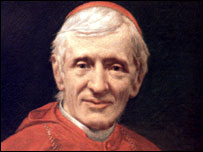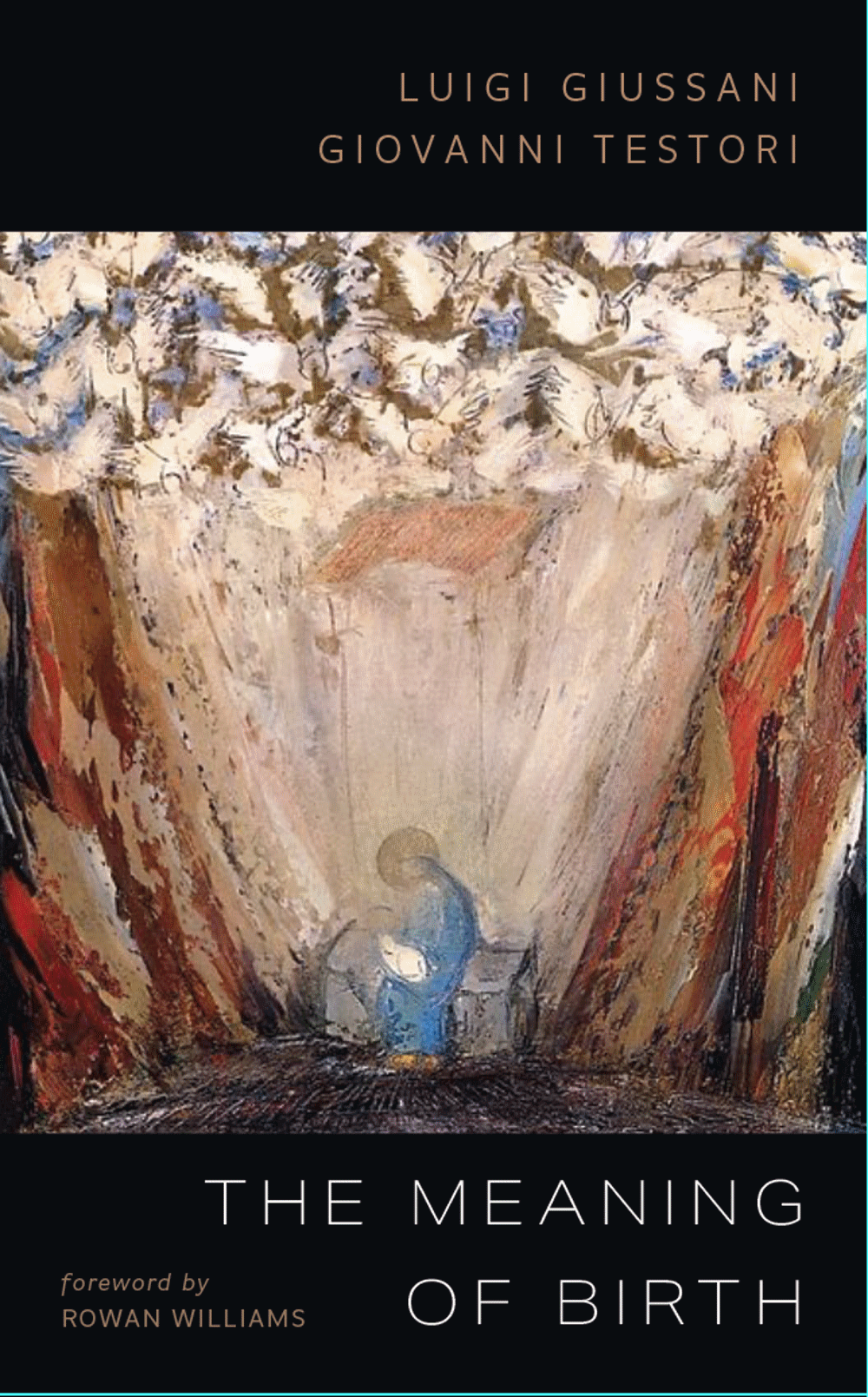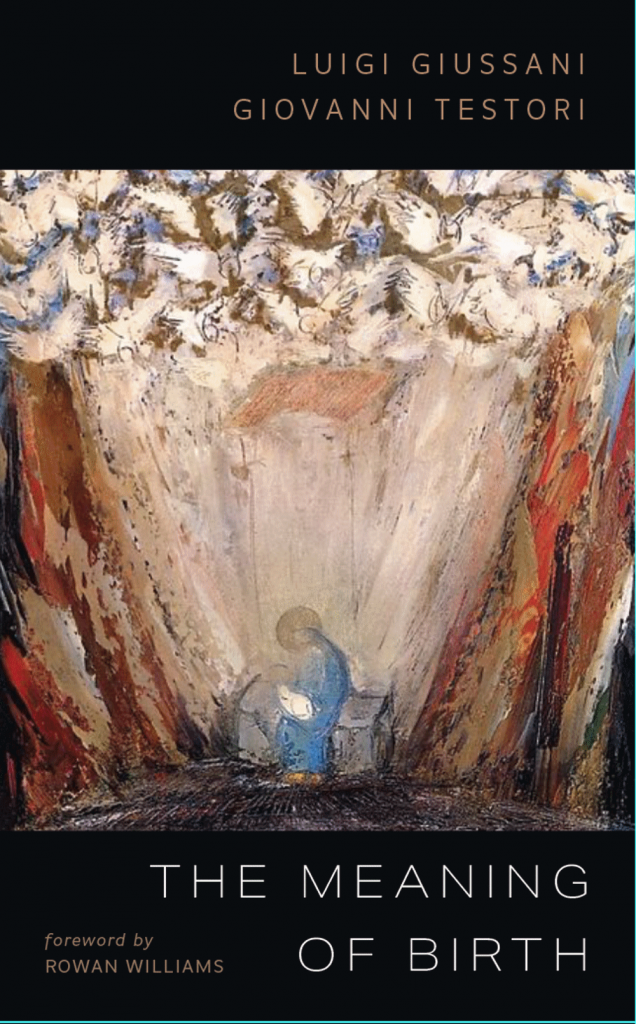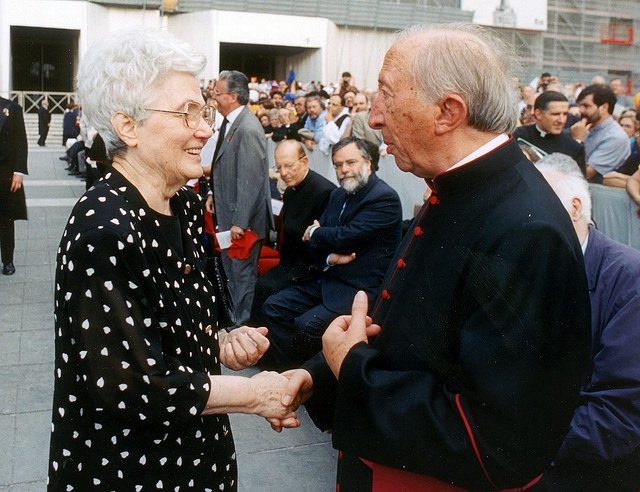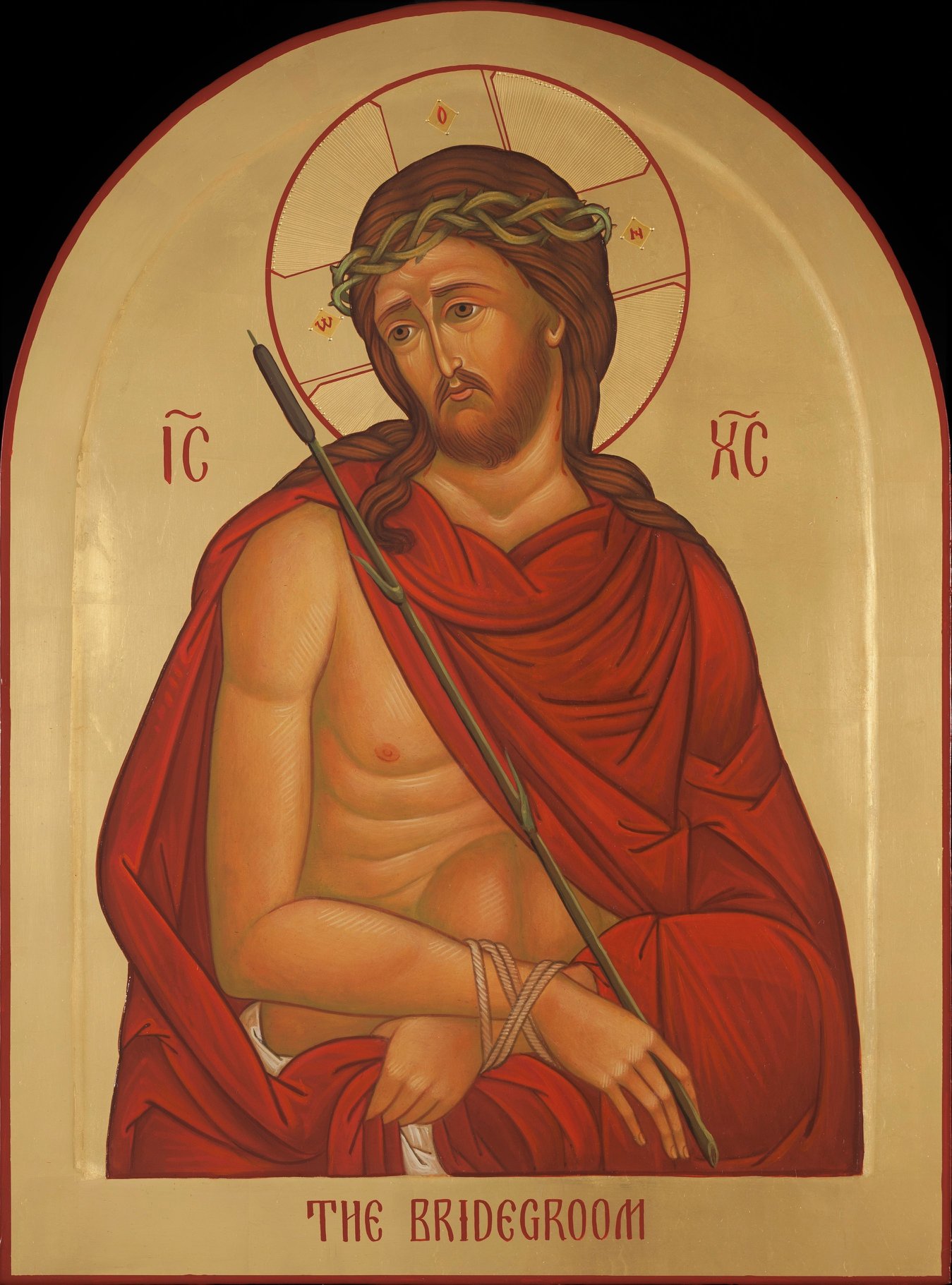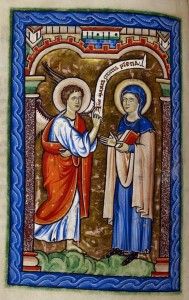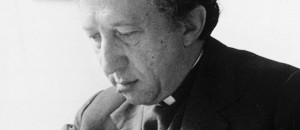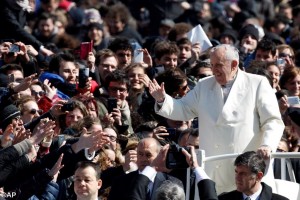 On Saturday, March 7, 2015, His Holiness Pope Francis with the Communion and Liberation to honor the 60thanniversary of the birth of the Movement and the 10th anniversary of the death of, the Servant of God Father Luigi Giussani. Conservatively there were 8oK people in Saint Peter’s Square. Here is Zenit’s translation.
On Saturday, March 7, 2015, His Holiness Pope Francis with the Communion and Liberation to honor the 60thanniversary of the birth of the Movement and the 10th anniversary of the death of, the Servant of God Father Luigi Giussani. Conservatively there were 8oK people in Saint Peter’s Square. Here is Zenit’s translation.
Dear Brothers and Sisters, good morning!
I welcome you all and thank you for your warm affection! I give my cordial greeting to the Cardinals and Bishops. I greet Don Julián Carrón, President ofyour Fraternity and I thank him for the words he addressed to me on your behalf.I also thank don Julian for the beautiful letter he wrote to all, inviting you to come. Thank you so much!
My first thought goes to your Founder, Monsignor Luigi Giussani, remembering the 10thanniversary of his birth into Heaven. I am grateful to Don Giussani for several reasons. The first, more personal, is the good this man did to me and to my priestly life, through the reading of his books and his articles. The other reason is that his thought is profoundly human and reaches man’s profoundest longing. You know how important the experience of encounter was for Don Giussani: encounter not with an idea but with a Person, with Jesus Christ. Thus he educated to freedom, guiding the encounter with Christ, because Christ gives us true freedom. Speaking of encounter there comes to my mind Caravaggio’s “The Calling of Matthew,” before which I paused at length in the church of Saint Louis of the French, every time I came to Rome. None of those who were there, including Matthew avid for money, could believe the message of that finger that pointed at him, the message of those eyes that looked at him with mercy and chose him for his following. He felt that wonder of the encounter. Thus is the encounter with Christ, who comes and invites us.
Everything in your life, today as in the time of Jesus, begins with an encounter. An encounter with this Man, the carpenter of Nazareth, a man like all others, but, at the same time, different. We think of John’s Gospel, where he recounts the disciples first encounter with Jesus (Cf. 35-42). Andrew, John, Simon: felt that they had been looked at in their depth, known intimately, and this generated surprise in them, a wonder that made them feel immediately bound to Him … Or when, after the Resurrection, Jesus asks Peter: “Do you love Me?” (John 21:15), and Peter answers: “Yes”; that yes was not the result of will power, it did not come solely from the decision of the man Simon: it came first from Grace, it was that “primerear,” the preceding of Grace. This was the decisive discovery for Saint Paul, for Saint Augustine, and so many other Saints: Jesus Christ is always first He “primereas” us; He awaits us. Jesus Christ precedes us always, and when we arrive, He is already there awaiting us. He is like the flower of the almond tree: it is the one that flowers first and announces spring.
And this dynamic, which arouses wonder and adherence, cannot be understood without mercy. Only one who has been caressed by the tenderness of mercy really knows the Lord. The privileged place of encounter is the caress of mercy of Jesus Christ on my sin. And it is because of this that you have heard me say sometimes that the post, the privileged place of the encounter with Jesus Christ is my sin. It is thanks to this embrace of mercy that one feels like answering and changing, and from which a different life can flow. Christian morality is not the titanic, willful effort of one who decides to be coherent and who succeeds, a sort of solitary challenge in face of the world. No, this isn’t Christian morality; it’s something else. Christian morality is an answer, it is a moved answer in face of astonishing mercy, unforeseeable, in fact, “unjust” according to human criteria, of One who knows me, knows my betrayals and loves me anyway, esteems me, embraces me, calls me again, hopes in me, expects from me. Christian morality is not ever to fall, but to get up always, thanks to his hand, which takes us. And the way of the Church is also this: to let God’s great mercy manifest itself. In past days I said to the new Cardinals: “The way of the Church is that of not condemning any one eternally; to spread God’s mercy to all persons who ask for it with a sincere heart: the way of the Church is, in fact, that of going out of her enclosure to go and seek those far away on the “peripheries” of existence; that of adopting integrally the logic of God,” which is that of mercy (Homily, February 15, 2015). The Church must also feel the joyful impulse of becoming a flower of the almond tree, that is spring, as Jesus was or the whole of humanity.
Today you also remember the 60 years of the beginning of your Movement, “born in the Church – as Benedict XVI said – not from an organizational will of the Hierarchy, but originating from a renewed encounter with Jesus and thus, we can say, from an impulse stemming ultimately from the Holy Spirit” (Address to the Communion and Liberation pilgrimage, March 24, 2007: Insegnamenti III, 1 [2007], 557).
After sixty years, the original charism has not lost its freshness and vitality. However, remember that the center is not the charism; the center is only one, it is Jesus, Jesus Christ! When I put my spiritual method at the center, my spiritual journey, my way of acting it, I leave the way. The whole spirituality, all the charisms in the Church must be “decentralized”: the Lord alone is at the center! Therefore, when in the First Letter to the Corinthians Paul speaks of charisms, of this very beautiful reality of the Church, of the Mystical Body, he ends by talking about love, that is, about what comes form God, what is proper to God, and which enables us to imitate Him. Never forget this, be decentralized.
And then the charism is not kept in a bottle of distilled water! Fidelity to the charism does not mean to “petrify it” – it is the devil who “petrifies,” don’t forget this! Fidelity to the charism does not mean to write it on a parchment and put it in a frame. The reference to the legacy that Don Giussani left cannot be reduced to a museum of memories, of decisions taken, of norms of conduct. It certainly entails fidelity to the tradition, but fidelity to the tradition – Mahler said – “means to keep alive the fire and not adore the ashes.” Don Giussani would never forgive your losing the freedom and being transformed into museum guides and adorers of ashes. Keep the fire alive of the memory of that first encounter and be free!
Thus, centered on Christ and on the Gospel, you can be arms, hands, feet, mind and heart of an “outgoing” Church. The way of the Church is to go forth to seek those that are far in the peripheries, to serve Jesus in every marginalized, abandoned person, without faith, disappointed by the Church, prisoner of his own egoism.
“To go forth” also means to reject self-reference in all its forms; it means to be able to listen to one who is not like us, learning from everyone, with sincere humility. When we are slaves to self-reference, we end up by cultivating a “brand spirituality”: “I am CL.” This is the brand. And then we fall into the thousand snares that self-referent satisfaction offers us, that looking at ourselves in the mirror, which leads to disorienting us and transforming us into mere managers of an NGO.
Dear friends, I would like to end with two very significant quotes of Don Giussani, one of the beginning and one of the end of his life.
The first: “Christianity is never realized in history as fixity of positions to defend, which refer to the new as pure antithesis; Christianity is principle of redemption, which assumes the new, saving it” (Bears Hope. First Writings, Genoa,1967, 119).This was around 1967.
The second of 2004: “Not only did I not ever intend ‘to found’ anything, but I hold that the genius of the Movement that I have seen born is of having felt the urgency to proclaim the need to return to the elementary aspects of Christianity, that is to say, the passion of the Christian event as such in its original elements, and that’s all” (Letter to John Paul II, January 26, 2004, on the occasion of the 50thanniversary of Communion and Liberation).
May the Lord bless you and Our Lady protect you. And, please, don’t forget to pray for me!
Thank you.
